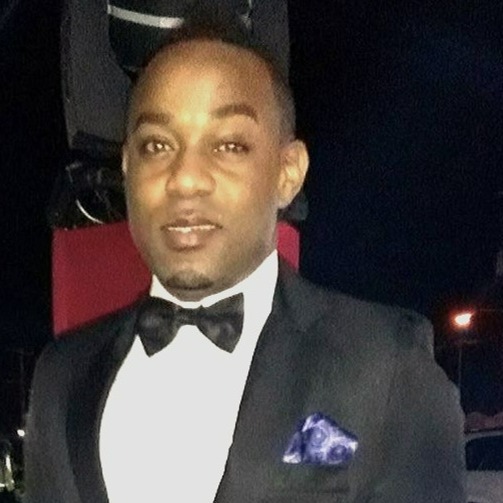Culture is a complex concept that encompasses a wide range of beliefs, values, attitudes, and behaviors. It can influence the way people communicate, negotiate, and resolve disputes. Mediators need to be aware of the role of culture in mediation in order to be effective in helping disputants from different cultural backgrounds reach a mutually agreeable resolution.
Here are some of the ways that culture can impact mediation:
- Communication styles: Different cultures have different communication styles. Some cultures are more direct and assertive, while others are more indirect and deferential. Mediators need to be aware of these different communication styles and adapt their approach accordingly.
- Negotiation styles: Different cultures also have different negotiation styles. Some cultures are more competitive, while others are more collaborative. Mediators need to be aware of these different negotiation styles and help the parties find a negotiation style that works for both of them.
- Values: Different cultures have different values. For example, some cultures value harmony and consensus, while others value individualism and competition. Mediators need to be aware of these different values and help the parties find a solution that is consistent with their values.
- Religious beliefs: Religious beliefs can also play a role in mediation. For example, some religions have specific rules or guidelines about how to resolve disputes. Mediators need to be respectful of the parties’ religious beliefs and avoid imposing their own beliefs on the parties.
Here are some tips for mediators on how to work effectively with disputants from different cultural backgrounds:
- Be aware of your own cultural biases. All of us have cultural biases, and it is important to be aware of our own biases so that we can avoid letting them influence our mediation practice.
- Educate yourself about different cultures. The more you know about different cultures, the better equipped you will be to understand and mediate disputes involving disputants from different cultural backgrounds.
- Be respectful of cultural differences. It is important to be respectful of the parties’ cultural differences and to avoid making assumptions about their culture.
- Use a culturally appropriate mediation process. The mediation process should be adapted to the cultural needs of the parties. For example, if the parties are from a culture that values harmony and consensus, the mediator may want to use a more collaborative mediation style.
Get help from a cultural interpreter or consultant. If necessary, the mediator can get help from a cultural interpreter or consultant to ensure that the parties are fully understood and that the mediation process is culturally appropriate.
It is important to note that culture is just one factor that can impact mediation. Other factors, such as the parties’ personalities, the nature of the dispute, and the mediator’s skills and experience, can also play a role. However, by being aware of the role of culture in mediation, mediators can be more effective in helping disputants from different cultural backgrounds reach a mutually agreeable resolution.





































